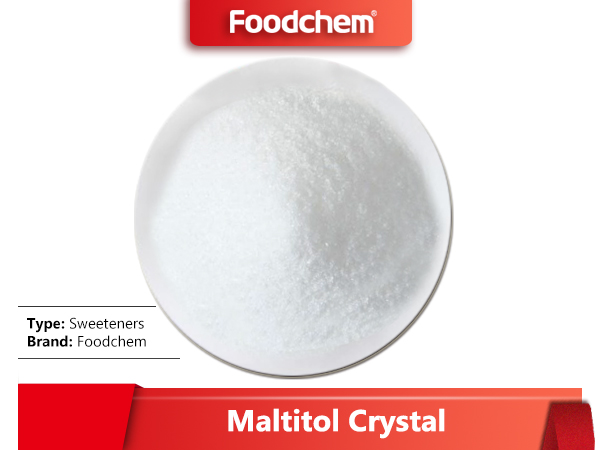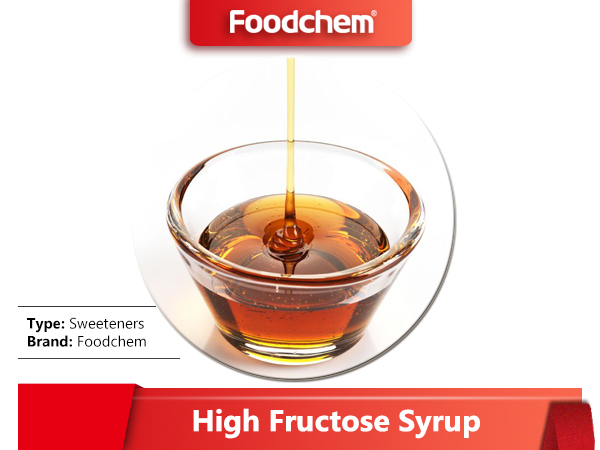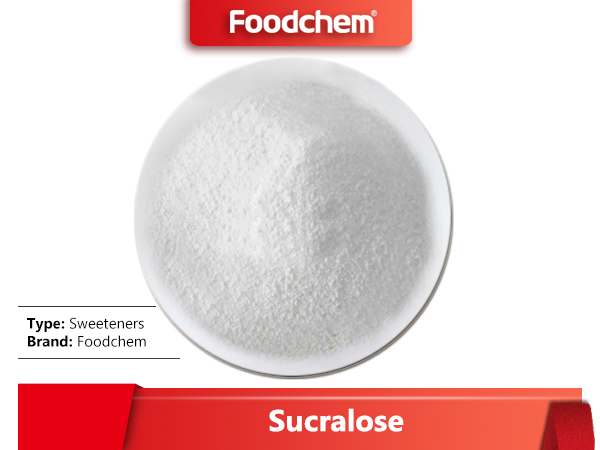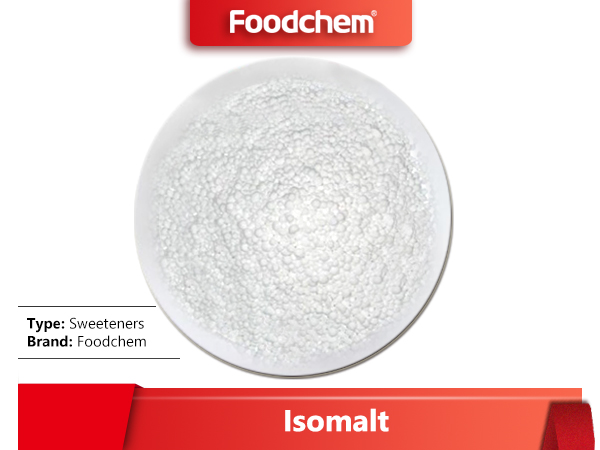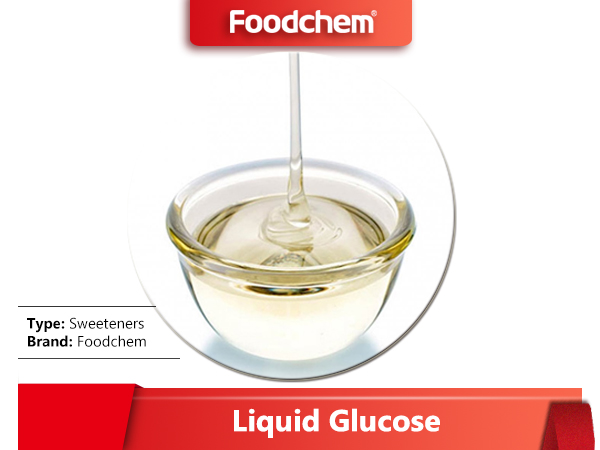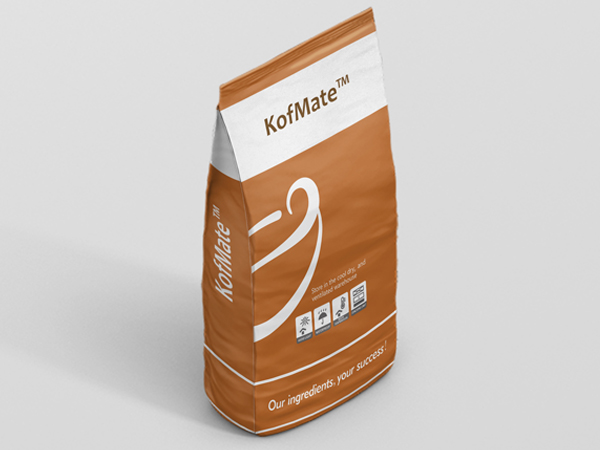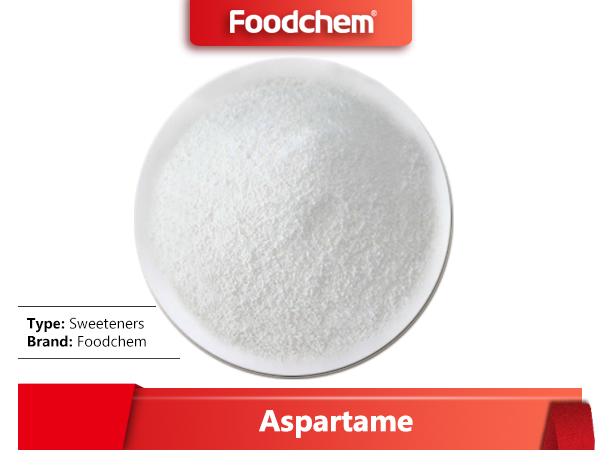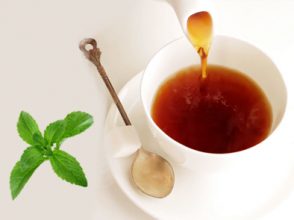Monk fruit sweeteners are made from the fruit's extract. They may be blended with dextrose or other ingredients to balance the sweetness. Monk fruit extract is 150 to 200 times sweeter than sugar. The extract contains zero calories, zero carbohydrates, zero sodium, and zero fat.
The plant's fruit is often called in English language publications luo han guo or luo han kuo (from the Chinese luóhàn guǒ, 罗汉果/ 羅漢果). It may also be called la han qua (from Vietnamese la hán quả), arhat fruit, Buddha fruit, monk fruit, or longevity fruit (although this name has been used for several other fruits).
Application:
1. Beverages: Beer, Wines, Carbonated Soft Drinks, energy drinks, Iced Tea, Iced Coffee, Sports Drinks, Isotonic Drinks, Powder SoftDrinks
2. Baked Goods: Bread, Cakes, Cookies, Brownies, Pies
3. Condiments / Sauces: Ketchup, Mustard, Mayonnaise, Pickles, Steak Sauces
4. Confections: Hard and Soft Candies, Chewing Gums, Chocolates, Chocolate Powders, Cereal Bars
5. Dairy Products: Tabletop Sweeteners, Yoghurts, IceCreams
6. Personal Care: Cosmetics, Lipsticks, Mouth Washes, Toothpaste, Cough Syrup, Dietary Supplements, Protein Drinks, Replacement MealDrinks, Vitamin bars
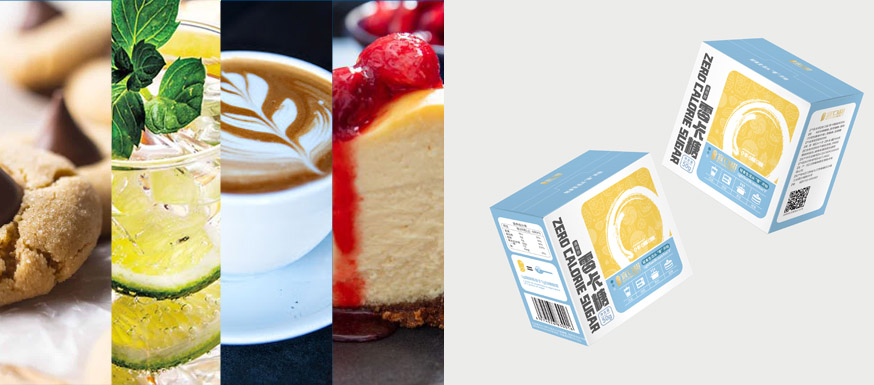
| ITEMS | STANDARD |
| Appearance | Yellow to white powder(Relate to Purity) |
| Oder | Characteristic |
| Taste | Characteristic |
| Paiticle size | Pass 80 mesh |
| Loss on drying | =<5% |
| Heavy metals | <10ppm |
| As | <1ppm |
| Pb | <1ppm |
| Mogrosides | >=5% |
| Total Plate Count | <10000cfu/g or <1000cfu/g(Irradiation) |
| Yeast & Mold | <300cfu/g or 100cfu/g(Irradiation) |
| E.Coli | Negative |
| Salmonella | Negative |


